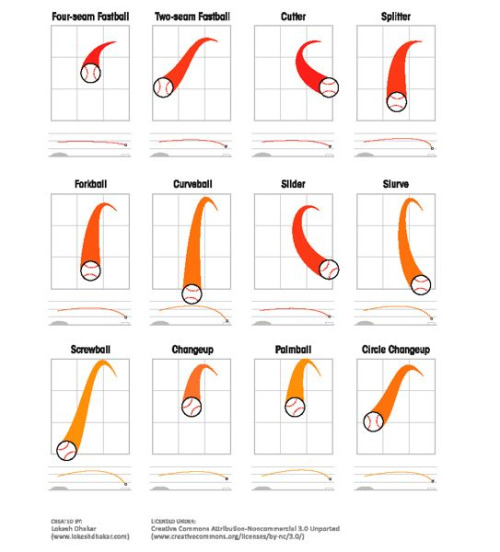|
Pitch count matters. While good pitchers are in high demand even in youth sports, pitching too early and too often can have a lasting impact on the body. In fact, doctors at Baylor College of Medicine caution that throwing year-round at an early age could cause pitchers to be the ones striking out in the long run. “Throwing is very demanding on the shoulder and elbow – it is one of the highest intensity activities that athletes do to any of their joints,” said Dr. Bruce Moseley, an orthopedic surgeon at Baylor College. “Treating throwing shoulders and elbows and making them pain free after they become painful can be a real challenge. Not because we don’t have good treatments, but because throwing is so demanding on the joints. If everything is not functioning as well as it possibly can, then it is hard to throw to the degree that you are hoping to.” _______________________________ Monitor Pitch CountThe number of pitches thrown by major league pitchers is closely monitored to protect against injury. But monitoring pitch count is even more important in younger players. This is because their growing bones and joints are more susceptible to injury than in adults. That is why the Little League Baseball and Softball organization has established maximum pitch counts, or limits on the number of throws a pitcher can make in a game. The also track how many days of rest pitchers need between the days that they pitch. However, pitch count limits and enforced days of rest are not enough to protect against injury, Moseley said. From school teams to select teams to all-star teams, many players end up playing baseball or softball year-round. Consequently this is without getting any rest. And sometimes on two or more teams at the same time. Generally, one team is not aware of how many throws a player has made for another team. Furthermore, pitch count limits do not count warm-up throws, throws made in practice and throws made from other positions. It is not uncommon for the best players to throw in some capacity almost every day year-round. And that is more stress than most growing joints can handle, he said. Pitching Stress“The downside is that every time they are throwing a baseball it is putting stress and potentially wear and tear on their on their joint. The body has the ability to repair normal wear and tear every day to maintain the health of the tissues. But if the wear and tear exceeds the body’s ability to repair, there will start to be gradual, permanent damage to tissues,” Moseley of Baylor College said.
“The concern is if you throw too much too soon at an early age, you can cause permanent damage. This would keep you from ever reaching your highest potential,” Moseley said. “We’ve seen the detriments of throwing too much at an early age – there’s no doubt about it.” Pay Close AttentionMoseley recommends that parents pay close attention to their child’s amount of throwing. If their child’s throwing shoulder or elbow starts to hurt, that is a sign it is time to get some rest. “It can be difficult when you are a good baseball or softball player and your team is counting on you. But if you ignore pain and continue to throw, you may be causing yourself long-term harm if you’re not careful. There is no team or tournament that is so important that it is worth risking your child’s ability to throw next year and in the years beyond,” he said. [bsa_pro_ad_space id=19] |
Pitch Count Matters: Know Your Limits

Pitcher_shoulder_elbow

